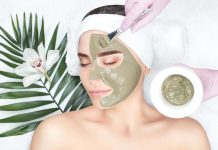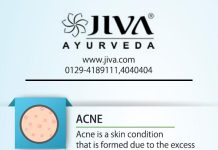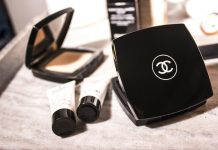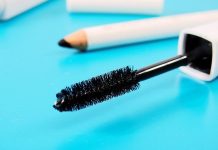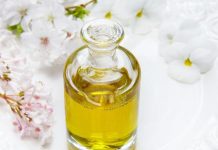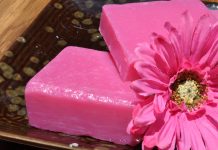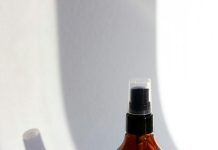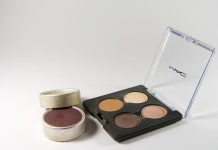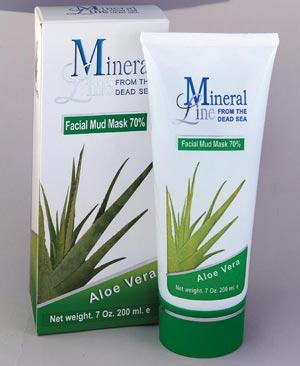In the ever-evolving world of haircare, the debate between natural and synthetic products has taken center stage. On one hand, the allure of plant-based ingredients promises a harmonious blend of nature’s bounty. On the other, the precision of laboratory-crafted formulas offers targeted solutions and scientific backing. As consumers become more discerning, seeking both efficacy and sustainability, the question arises: are natural haircare products truly more effective than their synthetic counterparts? This exploration delves into the heart of the matter, unraveling myths, examining evidence, and shedding light on what really nourishes our locks in the quest for healthy, vibrant hair.
Understanding the Ingredients: Natural vs. Synthetic Haircare
When it comes to haircare, understanding the distinction between natural and synthetic ingredients is crucial. Natural products are often derived from plant-based sources and aim to nourish the hair with minimal processing. These ingredients include:
- Coconut Oil: Known for its deep conditioning properties.
- Aloe Vera: Offers soothing and hydrating benefits.
- Shea Butter: Provides rich moisture and shine.
On the other hand, synthetic haircare products often contain lab-created ingredients designed for specific purposes, such as:
- Silicones: Add shine and smoothness but can build up over time.
- Sulfates: Effective cleansers that can strip natural oils.
- Parabens: Preservatives that extend shelf life.
Both natural and synthetic products have their merits. Natural ingredients can be gentler on sensitive scalps, while synthetic components may deliver quicker, more visible results. The choice often boils down to personal preference and specific hair needs.
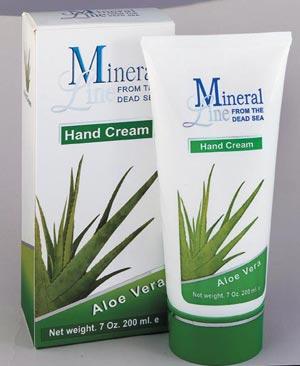
The Science Behind Efficacy: What Research Reveals
Scientific research into haircare products often delves into the complex interaction between ingredients and hair structure. Natural haircare products typically boast ingredients like plant extracts, essential oils, and other organic compounds. Studies suggest that these components can provide benefits such as improved scalp health, reduced irritation, and enhanced moisture retention. The molecular structures of natural ingredients often align closely with the natural oils and proteins found in human hair, potentially allowing for better absorption and efficacy.
On the other hand, synthetic haircare products are formulated with compounds designed to deliver immediate results. These may include silicones for shine, sulfates for cleansing, and parabens for preservation. Research indicates that while these ingredients can be effective in the short term, they may lead to buildup or damage with prolonged use. Considerations often highlighted in studies include:
- Long-term effects: Synthetic ingredients may not support long-term hair health.
- Environmental impact: Natural ingredients are often biodegradable, whereas synthetics can contribute to pollution.
- Allergies and sensitivities: Natural products may reduce the risk of allergic reactions for sensitive individuals.
Personalized Choices: Matching Hair Type to Product
Choosing the right haircare product involves more than just a quick glance at the label; it’s about understanding your unique hair type and its specific needs. Curly hair thrives with moisture-rich formulas that enhance natural texture without weighing it down. Look for products infused with natural oils like coconut or argan to maintain bounce and definition.
For those with fine hair, lightweight options are key to adding volume without causing limpness. Ingredients like aloe vera and chamomile extract can offer gentle nourishment without the heaviness of synthetic alternatives. Meanwhile, coarse or thick hair often benefits from deeply hydrating treatments. Shea butter and avocado oil are excellent natural choices to tame frizz and add shine. Remember, the right match not only nurtures your hair but also amplifies its natural beauty.
- Curly Hair: Coconut oil, Argan oil
- Fine Hair: Aloe vera, Chamomile extract
- Coarse Hair: Shea butter, Avocado oil

Expert Tips: Making the Most of Your Haircare Routine
When navigating the world of haircare, it’s essential to tailor your routine to your unique needs. Here are some expert tips to enhance your regimen:
- Know Your Ingredients: Whether natural or synthetic, understanding the components in your products is crucial. Look for nourishing elements like argan oil, shea butter, or keratin to address specific hair concerns.
- Mix and Match: Don’t be afraid to combine natural and synthetic products. A natural shampoo can work wonders when paired with a synthetic conditioner that targets particular issues, like frizz or damage.
- Listen to Your Hair: Pay attention to how your hair responds. If a natural product leaves your hair feeling heavy, consider incorporating a lightweight, synthetic alternative for balance.
Ultimately, the effectiveness of your haircare routine depends on personal preferences and needs. By staying informed and flexible, you can craft a regimen that works best for you.

